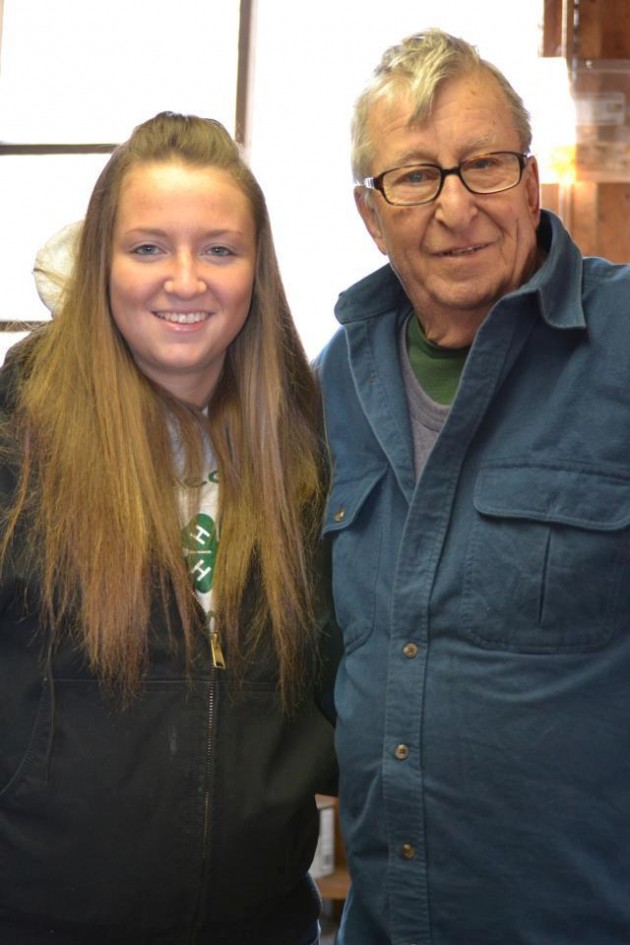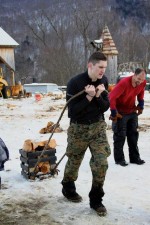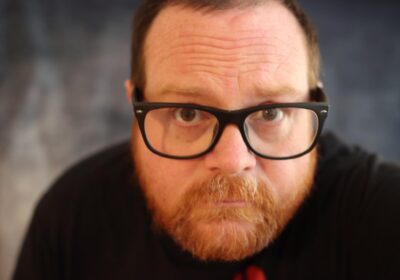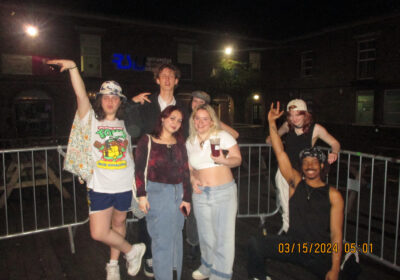Kony 2012 well-intnded, misinformed?
On the first day there were 4 million views on YouTube. By the end of five, over 66 million. The unprecedented firestorm that started March 5 was the Kony 2012 campaign and has exploded across the Internet and gained worldwide attention to anyone with a social media account and a pulse.
The half-hour video documents Invisible Children, the non-profit organization that produced the video, and its mission to bring Joseph Kony, leader of the Lord’s Resistance Army, to justice. His forces have abducted and raised an army of 30,000 child soldiers and displaced millions of Ugandans since his rebellion began in 1986.
Without question Joseph Kony deserves the highest of punishments for his actions of instilling widespread fear throughout Uganda. His exploits include abducting children and forcing them to kill their parents, forcing girls into prostitution, and having his forces mutilate the faces of children. He is on the top 10 most wanted fugitives list in Forbes Magazine.
The motivation and spirit of Invisible Children and its followers are commendable. But criticism revolves around Invisible Children’s depiction of the LRA and Invisible Children’s representation of the issue.
Michael Wilkerson, guest writing on Foreignpolicy.com, has reported from Uganda before and says that Kony’s forces amount to in the hundreds, as opposed to the 30,000 the film says. “Eerily,” Wilerson writes, “it is also the same number estimated for the total killed in the more than 20 years of conflict in Northern Uganda.” The video also fails to represent that Kony hasn’t even been in Uganda since 2006 and is probably hiding in the jungles of the Democratic Republic of the Congo.
Even though Kony 2012 is out for good intentions, it simplifies the situation and withholds information depicting a contemporary Uganda. Individuals must be more aware of what is actually occurring in an international conflict and be the one responsible for educating themselves and taking information at face value.
In response of Invisible Children and its supporters lobbying the U.S. government, President Obama authorized 100 military advisers to be deployed to Uganda and aid forces to remove Kony in October of last year. This was an unprecedented act of social support on an issue. Never before has a group of like-minded public individuals ever wielded the power to gain the assent of the U.S. government and carry out military intervention.
By the end of this year the U.S. military, with Ugandan forces, intends to capture Kony, otherwise the military advisers will return. Supporters of Kony 2012 feel empowered. But their attention will be up for grabs again and who will be targeted next?
International conflict has never been, and never will be, simple to manage and describe. There will always be platforms and opinions that will attempt to sway opinions one side or another and keep specific information at bay in order to maximize appeal.
The public must absolutely be aware of those conditions and must not rely upon information from subjective sources. This social power is a tool that can certainly perform good deeds and change the world. However, at the cost of misrepresentation of conflict the hand that feeds must be objective and must not abuse representing the full picture.
– Anders Ax








